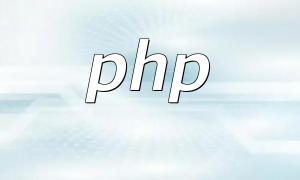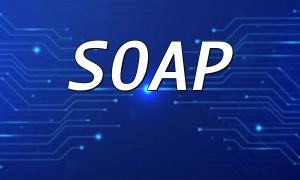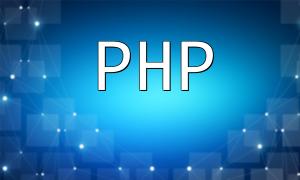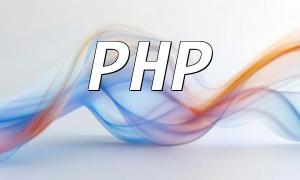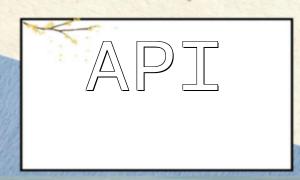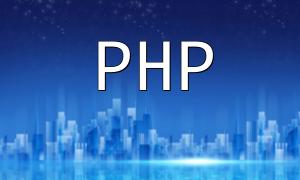PHP code standards are essential for ensuring code readability, maintainability, and consistency. Adhering to unified coding conventions not only helps improve team collaboration but also reduces future maintenance costs. This article will introduce some important PHP code standards learning resources and practical tools to help you improve code quality.
PHP-FIG (PHP Framework Interoperability Group) is an organization dedicated to standardizing PHP. It has developed several important standards, especially the PSR (PHP Standard Recommendations) guidelines. PSR-1 and PSR-2 are the core standards for PHP code conventions.
PHP_CodeSniffer is a powerful static code analysis tool that can automatically detect and fix coding standard issues. It supports various standards, including PSR-1 and PSR-2. You can install and use it via the command line to manage and maintain coding standards easily:
composer global require "squizlabs/php_codesniffer=*"
After installation, you can use the following command to check for code standard issues:
phpcs /path/to/your/code
To automatically fix standard issues, use the following command:
phpcbf /path/to/your/code
PHPStorm is a popular PHP integrated development environment that offers powerful code editing and analysis features. By configuring "Settings -> Editor -> Code Style -> PHP", you can easily detect standard issues in your code and use "Code -> Reformat Code" to fix them automatically.
PHP-CS-Fixer is another popular tool for checking and fixing PHP code standards. It can automatically fix code based on a predefined configuration. You can install it via the following command:
composer global require friendsofphp/php-cs-fixer
After installation, use the following command to check your code:
php-cs-fixer fix /path/to/your/code
You can also define your own code standards in a configuration file and apply them to your code:
php-cs-fixer fix /path/to/your/code --config=my_config_file.php_cs
Here is a simple PHP class example that follows PSR-1 and PSR-2 standards:
<?php
namespace MyNamespace;
use OtherNamespaceSomeClass;
class MyClass
{
const MY_CONSTANT = 'some value';
private $myProperty;
public function __construct()
{
$this->myProperty = 'default';
}
public function myMethod($param1, &$param2)
{
if ($param1 === 'some value') {
$param2 = strtoupper($param2);
return true;
} else {
return false;
}
}
}
Adhering to PHP code standards not only improves code readability but also enhances development efficiency and reduces errors. By using tools like PHP-FIG standards, PHP_CodeSniffer, PHPStorm, and PHP-CS-Fixer, you can easily manage and maintain coding conventions, ensuring long-term project stability. I hope the resources and examples shared in this article help you better understand and apply PHP coding standards.


